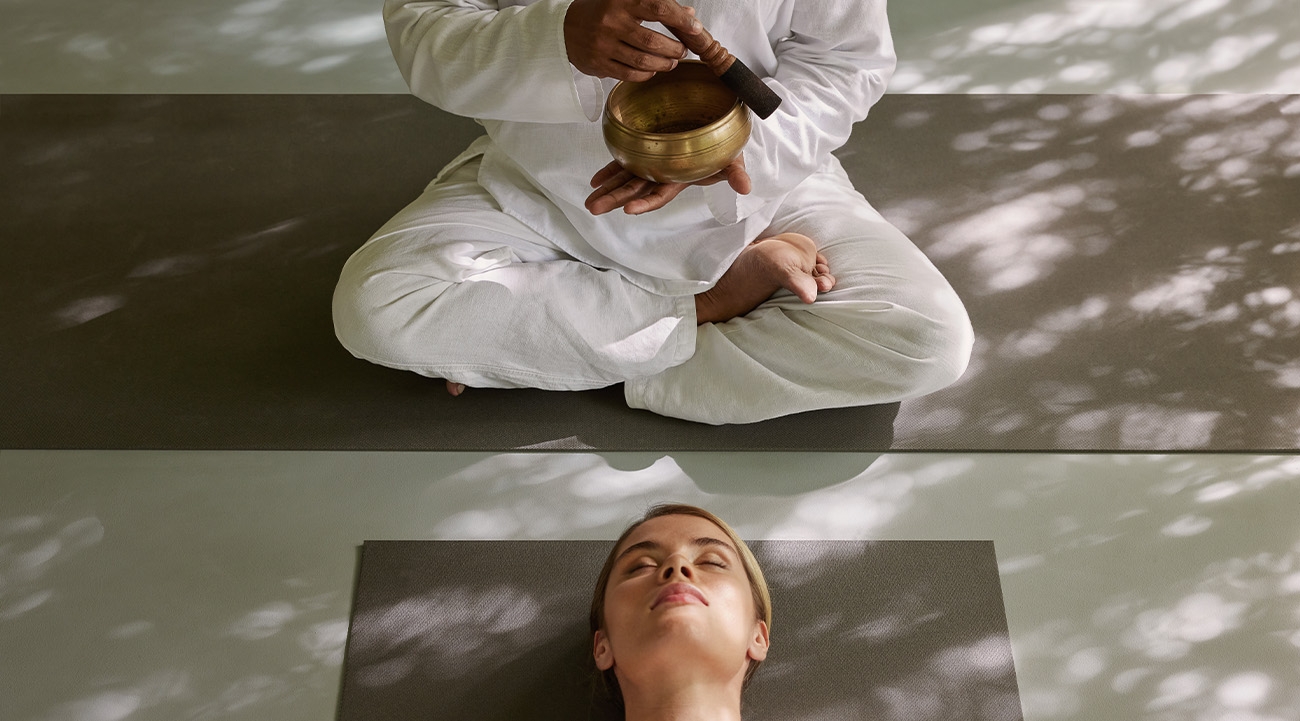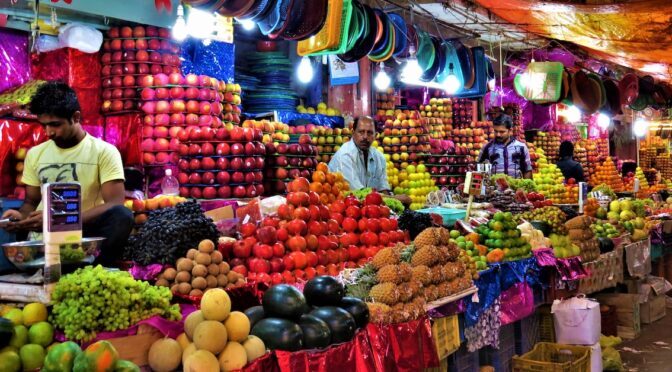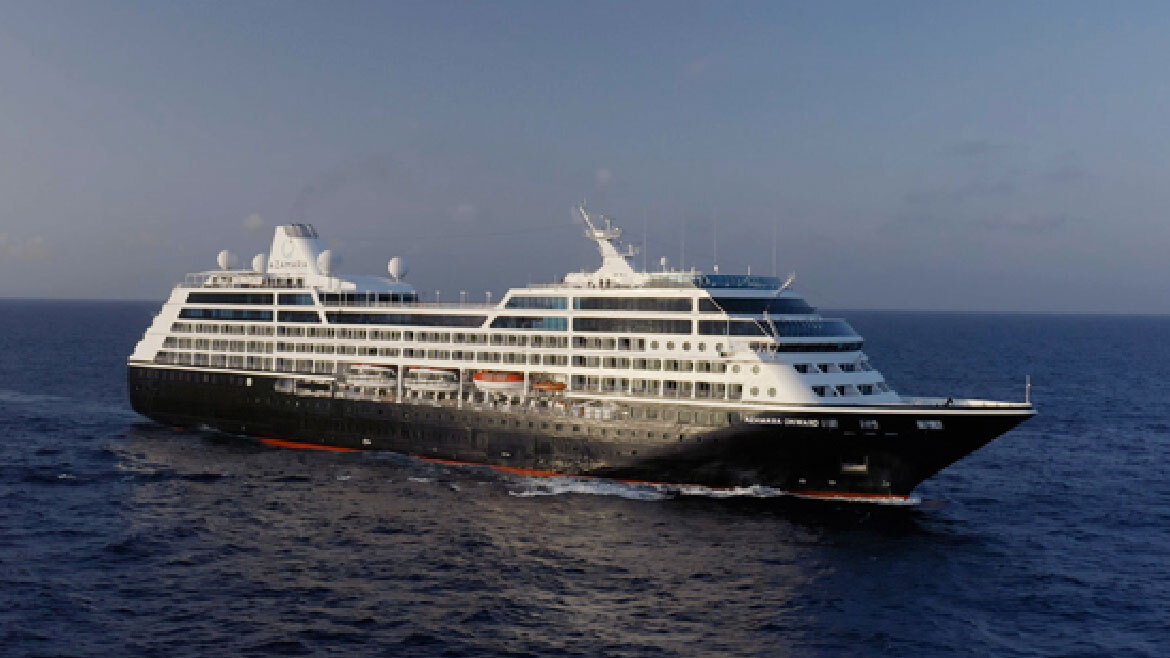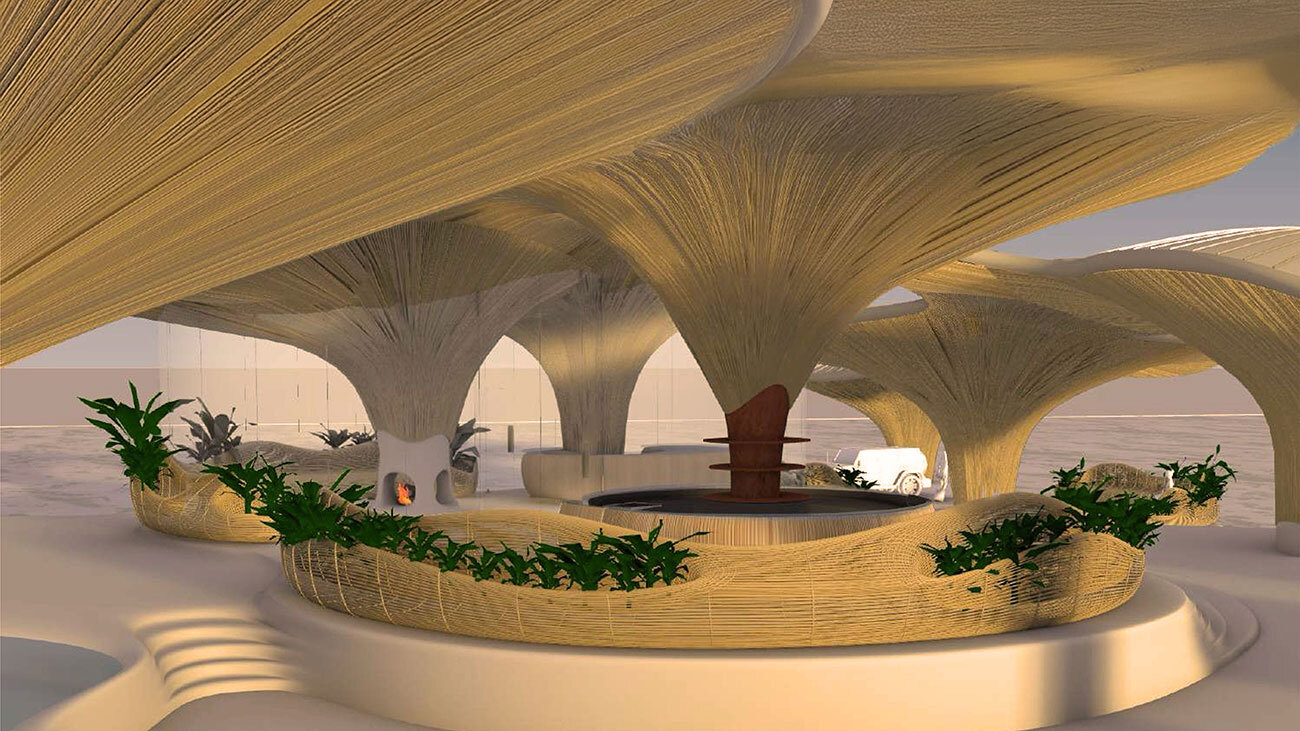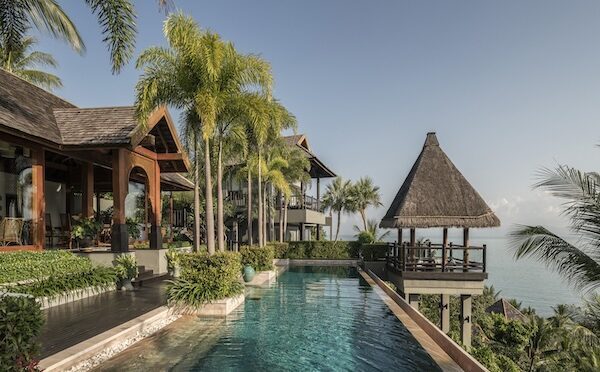Rest and regenerate: Responsible relaxation at Banyan Tree Phuket
I take a deep breath and inhale – aromas of fresh coconut and warm, sizzling pancakes mix with the heady scent of tropical, humid air. Above, the sun dapples over a canopy of green palms, as a sheet of blue covers the sky. “Welcome to our cooperative,” says local resident Son Taya Kong Thip, as we’re led to an outdoor cooking station to try our hand at making coconut-milk crepes.
I drizzle the creamy concoction onto a griddle and watch it crackle until it’s golden-brown, while Son Taya tells us about life in the village, introducing us to various members of the community.
Local life
I’m in the village of Bang Tao, trying out Southern Thai cooking on an excursion with Banyan Tree Phuket. It’s one of several new Stay for Good experiences introduced by the group, offering insights into local culture while supporting the women-led cooperative and wider community.
After the pancakes, we attempt to make Thai herbal rice, then jump on the back of a tuk-tuk to be whisked to a nearby fruit farm beside swathes of lush emerald greenery. We sample native fruits such as rambutan, a spiky, red ball from the lychee family, then visit a rubber plantation to meet its 82-year-old owner, Mr Leb.
“While other rubber plantations sold their land for development, Mr Leb resisted and kept his farm,” our guide tells us, as we wander among a forest of towering rubber trees, then have a go at carving into the bark ourselves, the milky-white rubber sap trickling out.
From there we embark on a jungle hike, panting our way up a steep hill to reach a viewpoint overlooking the surrounding forest and the sea stretching into the horizon beyond.
We wander along a lush rainforest trail, 50-metre-tall trees soaring around us, giant palms glowing luminescent green, before stopping at an idyllic waterfall where a cluster of tiny red crabs – signs of a good ecosystem – scuttle across the rocks. It’s a blissful morning and a memorable introduction to Thai village life that goes beyond the borders of the resort.

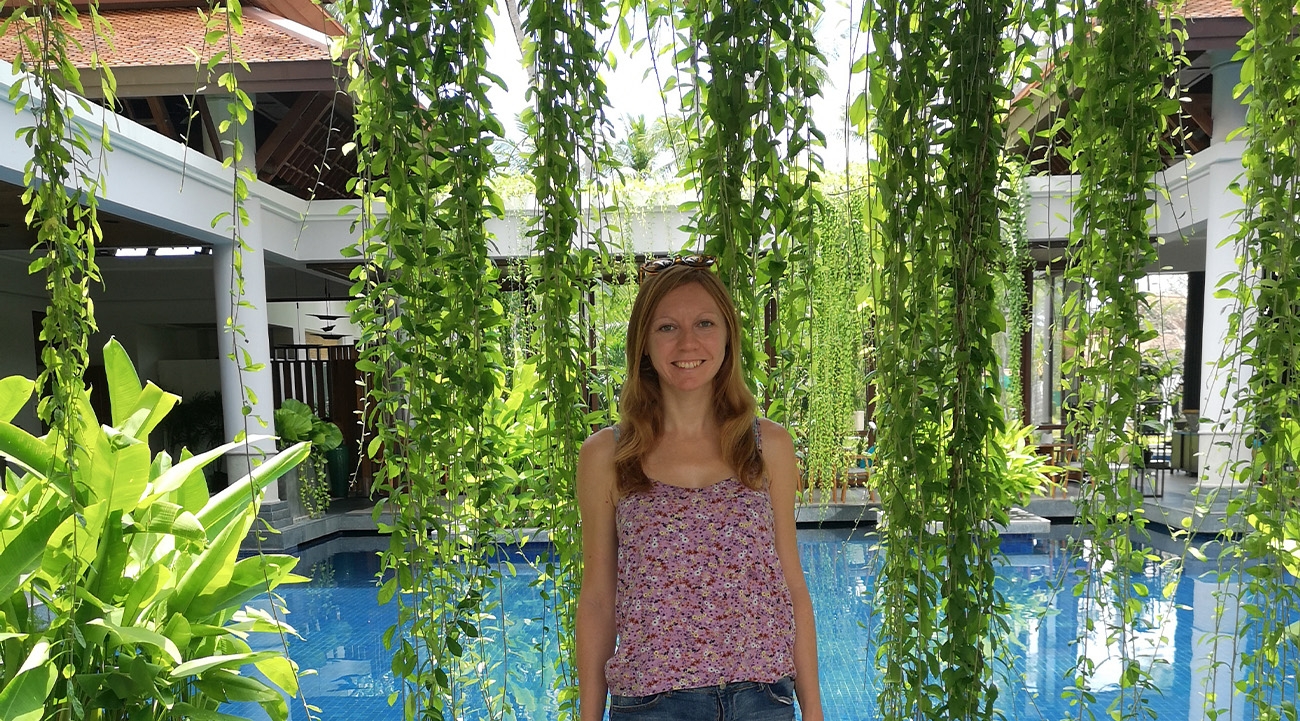

Sustainable ethos
This culturally immersive excursion is just one of a string of initiatives Banyan Tree has introduced to create opportunities in the local community. At the nearby Seedlings Cafe, a nine-month vocational training programme offers young people the opportunity to learn about restaurant management.
Meanwhile, the Banyan Tree Spa Academy trains local spa therapists, and the resort’s shop puts the emphasis on artisanal products made by local craftspeople. And it’s not just the community Banyan Tree is focusing on.
There’s also a big spotlight on sustainability, and on a tour of Laguna Phuket, the luxury development on which the resort sits, I learn about a whole slew of eco-efforts. Among them is a new rewilding project.
“Back in May this year, we partnered with rewilding specialists from SUGi to create a collection of pocket forests,” says Giulia Bossi, Banyan Tree’s director of marketing, as she walks us through the soon-to-bloom grounds.
“We chose various secluded areas across the destination, planting wild native species with a focus on medicinal plants.” More than 7,500 plants have been reintroduced using the Miyawaki method – which mimics the way a forest would recolonise itself naturally – from critically endangered white meranti trees to morinda fruit, used to ease toothache.
“Our aim is for the selected plots to become biodiversity hotspots, and we hope this tranquil sanctuary will help promote interaction between people and nature,” says Bossi.
A history of regeneration
It’s all a far cry from the beginnings of the resort. Built on the plot of what was once a disused, highly polluted tin mine, early prospects here were less than rosy. As we explore the now tree-lined lagoon in a traditional wooden boat, Anthony Loh, vice-president of resort services at Laguna Phuket, talks us through the history.
“While on holiday in 1984, Ho Kwon Ping and his wife Claire Chiang found an abandoned tin mine by a lagoon and decided they wanted to turn the land into a resort, so they bought it,” he says. “But they found out the water was toxic, so they bought huge water pumps to clear out the lagoon, and six months later the pumps had dissolved.”
At the time, the UN Development Program apparently declared the area was “too environmentally damaged to have any development potential”. But the couple weren’t deterred; they stopped all pollutants and eventually managed to clear the water, building a wastewater treatment facility and planting more than 7,000 trees as part of an extensive regeneration programme.
Three years later, the first resort on the Laguna Phuket complex opened, with Banyan Tree Phuket following in 1994. Since then, a further five hotels have opened on the complex, alongside an 18-hole golf course, wellness centre, private stretch of beach and various other facilities – turning the lagoon, and the nearby white sands of Bang Tao Beach, into one of Phuket’s most luxurious destinations.
Egrets, herons, kingfishers, cormorants and black-and-white-striped hoopoes are among the birds that now call the area home, while palm, eucalyptus and fruit trees are scattered throughout the grounds.

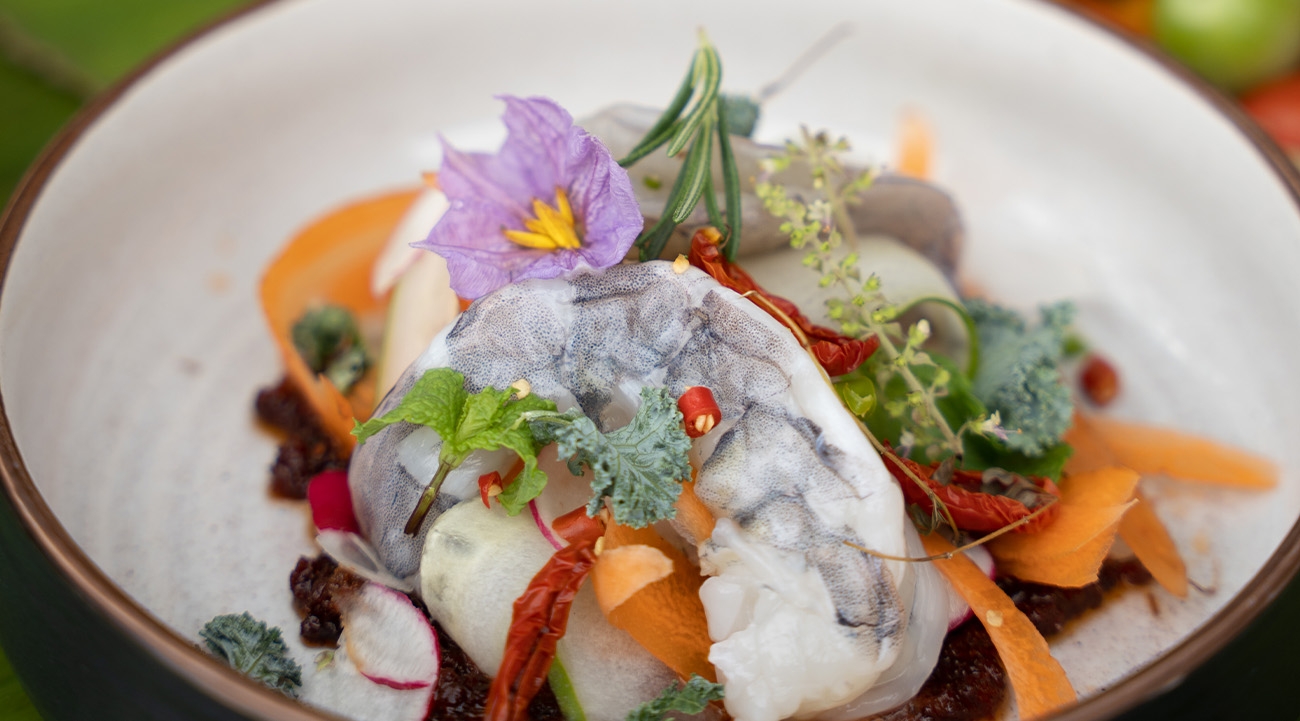

From farm to table
The eco-efforts are far from over, though. Sustainable initiatives are ongoing – not least around the food, much of which is sourced from Laguna Phuket’s own organic farm, which guests are able to visit.
Back at Banyan Tree Phuket, we tour the Veya farm, where organic fruits, vegetables and herbs are grown for use in the health-centric Veya restaurant. We stock up on ingredients, including aubergines, carrots, Thai chillies and winter melon – a squash-like fruit twice the size of my head – then take part in a raw cooking class that has us rustling up one of the freshest salads I’ve ever tasted.
The farm and restaurant are part of the new Veya brand – a wellness-oriented offering opened at Banyan Tree Phuket in March 2022 with its own dedicated section, including villas designed to maximise comfort.
Each guest also receives a personalised programme, which includes a weekly schedule of 50 activities. I try several of them, from a meditation session that has me soothed by the melodic sound of singing bowls, to a ‘conscious grounding’ session, where I walk barefoot along the grass with my eyes closed, led by wellness guru Raj.
The ‘lotus labyrinth’ meanwhile has me strolling through a stone-laid maze, aligning my steps with my breathing while picturing my goals. As I listen to the faint tweeting of the birds and the tranquil whistle of the wind, I’m reminded again of the power of nature – not only to restore itself, but for restoring the mind, too.
Protecting green space like this is paramount to a healthy, happy soul and I leave feeling rejuvenated from the inside out.

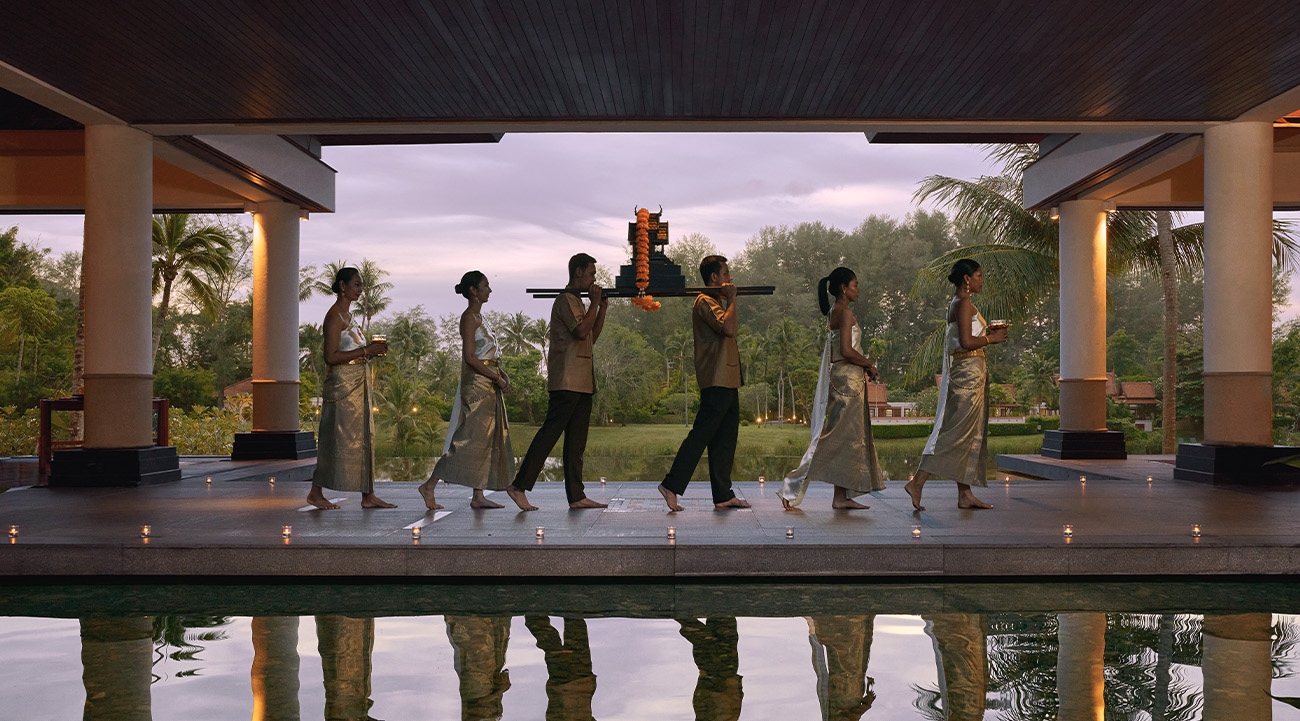
Nearby attractions
Phuket old town: Located a 45-minute drive south, the island’s Old Town is well worth a visit, with its brightly coloured architecture, elaborate Thai temples and street art murals. Come on a Sunday evening for the weekly and lively night market.
Khao Phra Thaeo Wildlife Sanctuary: This protected conservation area is home to lush rainforest harbouring an array of wildlife, with a slew of walking trails and several waterfalls to explore, plus a gibbon rehabilitation centre.
Phang Nga Bay: Phuket is an ideal starting point for island-hopping. Especially unmissable is Phang Nga Bay, where day-long boat trips take you to explore towering limestone karsts, castaway islands and mangrove forests frequented by monkeys, macaques, hornbills and more.
Book it: Inspiring Travel offers seven nights at Banyan Tree Phuket from £1,865 per person, based on two adults sharing a Banyan Pool Villa including breakfast, return flights from Heathrow with Qatar Airways and private transfers, based on a May 13, 2024, departure.
For clients keen on a horizontal bed, first-class service and a five-course menu, suggest an upgrade to Qatar Airways’ Qsuite. Business Class fares from Heathrow to Phuket from £4,861.
inspiringtravel.co.uk qatarairways.com
